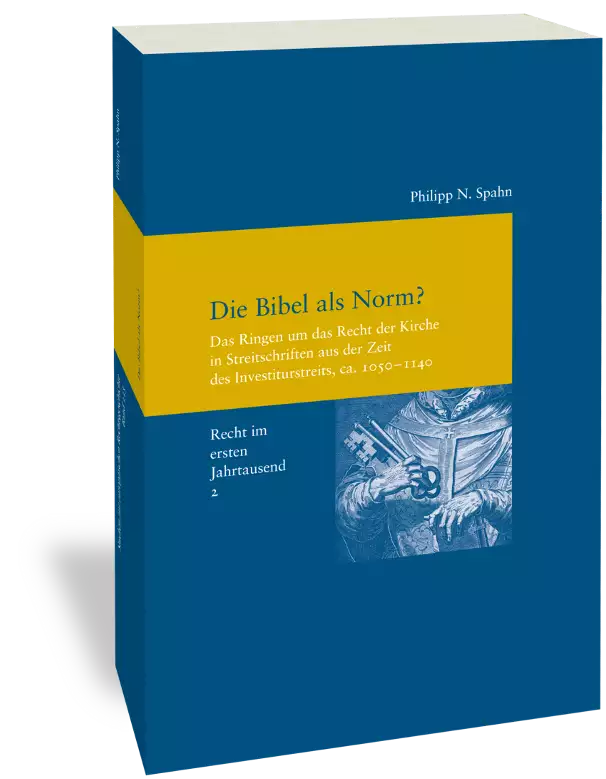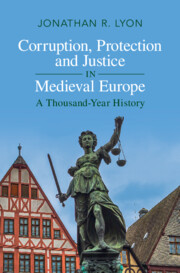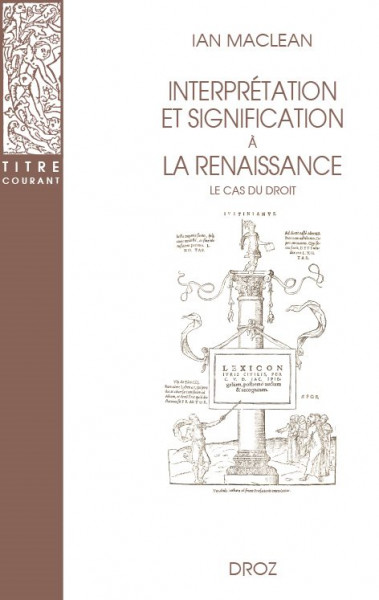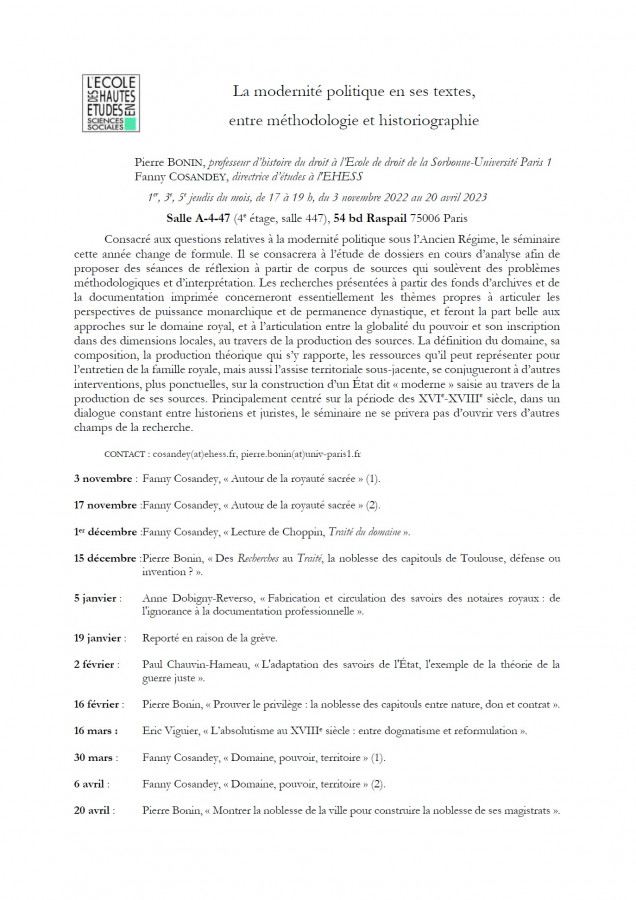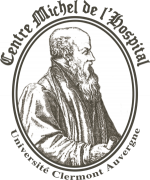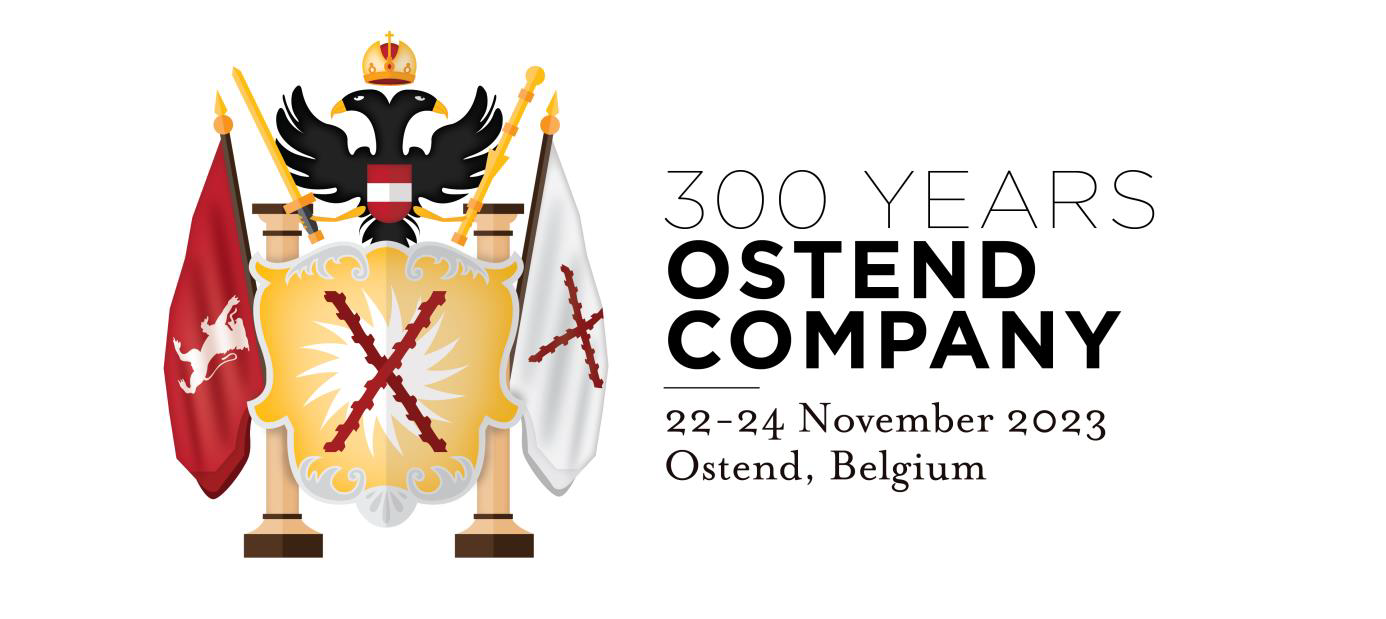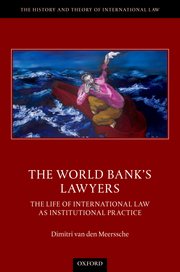Call for papers
International conference celebrating the 300th anniversary of the Ostend Company (1723-2023)
Location: Ostend, Belgium
Dates: 21-24 November 2023
Organisers: Royal Belgian Marine Society, Flanders Marine Institute, City of Ostend
In 2023, it will be 300 years ago that the General Indian Company, better known as the Ostend Company, was founded. It all started in August 1723, when a considerable financial capital was collected by means of an issue of shares at the Antwerp stock market. Most subscribers belonged to the Austrian Netherlands’ aristocracy, financial and commercial elites in Antwerp, Brussels, Ghent, Bruges and Ostend. With the collected funds silver bullion was acquired, crews were enlisted, ships were bought and equipped in Ostend. Bruges’s outer port thus became the centre of the eighteenth century Habsburg overseas trade expansion. From Ostend, dozens of ships sailed via Brazil to India (Coromandel and Bengal) and China (Canton). Thanks to a number of niche products, such as tea (more than 50% of the European market), the Ostend Company became a major global competitor in the China trade in the 1720s. Its shareholders were rewarded with a net profit of approximately 150%. The port and the city of Ostend flourished and the whole of the Austrian Netherlands reaped the benefits of this newly established maritime trade. Despite its commercial success, the Austrian Netherlands had to put an end to the Ostend Company’s trading activities due to the mounting pressure of their British, Dutch and French neighbours in 1731.
Even if it only existed for a short period (1723-1731), the importance of the Ostend Company for maritime history cannot be underestimated and reaches far beyond the Belgian context, as it also concerns political, diplomatic, social, commercial, military, intercultural and global aspects of both European and Asian eighteenth-century history. The mixed public-private chartered company can be seen as a Belgium-based multinational corporation avant la lettre, which proved to be an important and innovative global player. But it is also the story of people from different cultures coming together and exchanging views and commodities, highlighting equally the circulation of ideas and practices, and therefore implying knowledge transfers. Although these encounters were generally peaceful, violence did sometimes occur.
The history of the Ostend Company is also one about the economic development of the Austrian Netherlands, the participation of the Habsburg Monarchy in a globalizing world and the opening up of Asian markets to European colonial enterprises. The aim of this international conference is to shed light on a number of as yet unknown aspects, but also to reassess the state of the art from new perspectives or complementary and innovative angles.
We invite scholars to send in abstracts focusing on the Ostend Company, for instance on the following themes:
The juridical aspects of the Ostend Company as a chartered company in a European context (corporate structure, capital base and shareholder involvement, labour relations, trade)
Life of the seafarers on board the East Indiamen
Intercultural relations between the Ostenders and Indians, Chinese, etc.
Military aspects of the Ostend Company at sea and in Asia
The impact of the Ostend Company on the economy of the Austrian Netherlands
The Ostend Company as focus of European politics and diplomacy in the early eighteenth century, including the legal debate on the freedom of the seas and the establishment of comptoirs
Logistic, commercial and financial organisation of the Ostend Company
The role of the Ostend Company in globalisation and imperial history
The Ostend Company compared to other East India Companies, especially with the other smaller companies, e.g. the Danish, Swedish and Prussian companies.
The political perception of the Ostend Company in Europe
Changes in research topics in historiography with regard to the Ostend Company, especially linked to the Belgian nation-state’s colonial ambitions
Other themes on the Ostend Company are equally welcome.
The three day conference will take place at the Flanders Marine Institute in Ostend, Belgium from Wednesday 22 November to Friday 24 November 2023. Travel and accommodation costs will be covered by the hosts. The conference language is English. Participants will be asked to submit an article for a peer-reviewed publication after the conference.
Participants to the conference are invited to submit an abstract of maximum 400 words with a short CV (5 to 10 lines) to stan.pannier@vliz.be by January 31st, 2023. The applicants will be informed by the conference’s scientific committee by mid-February 2023.


